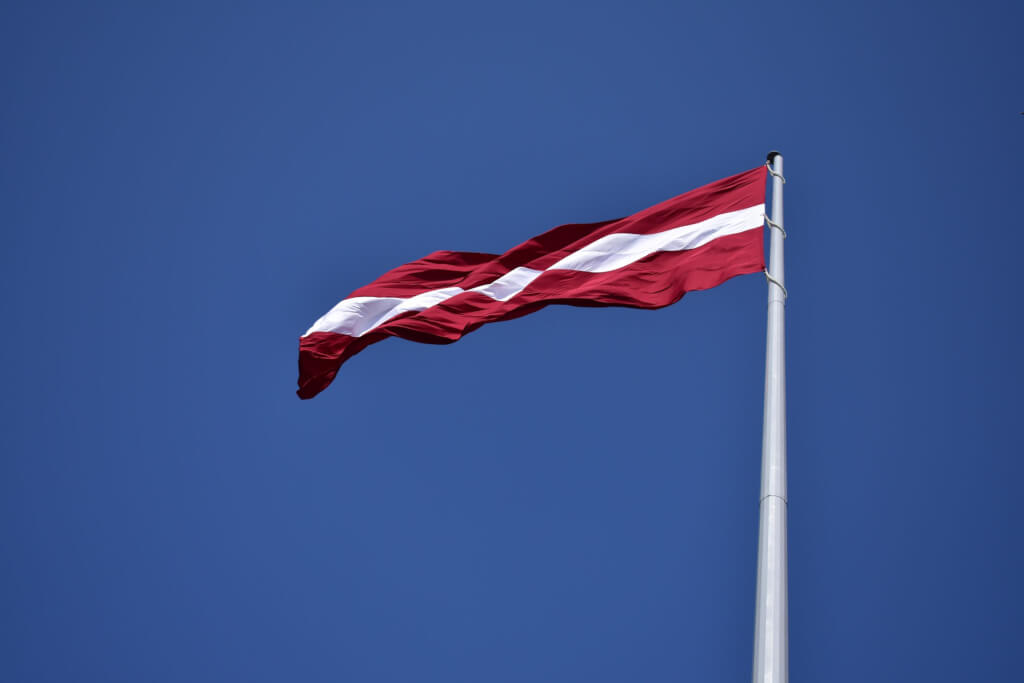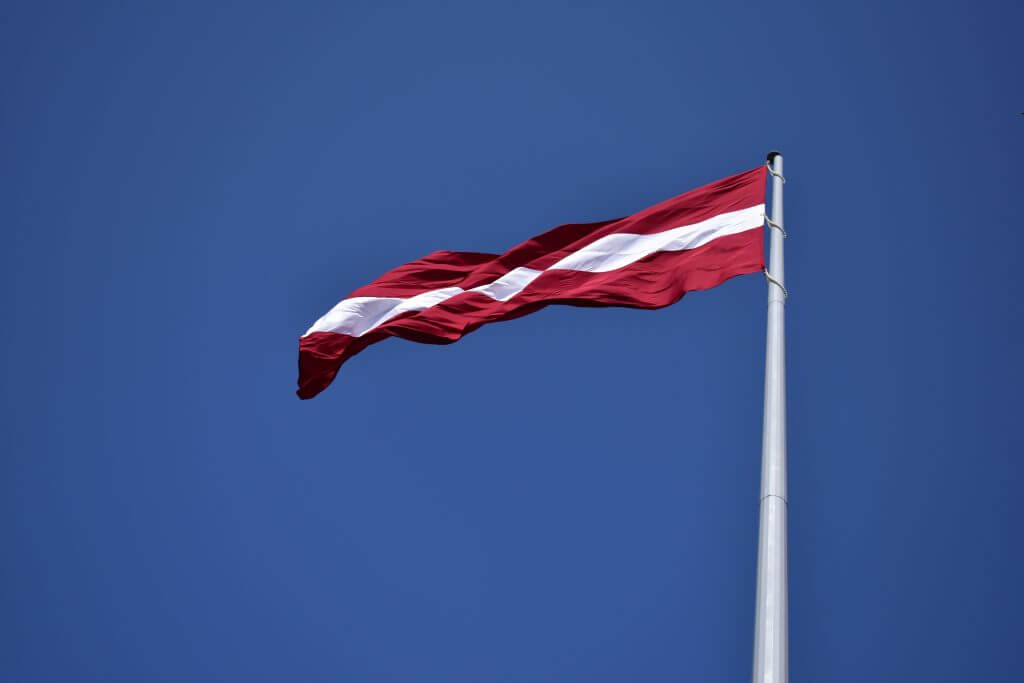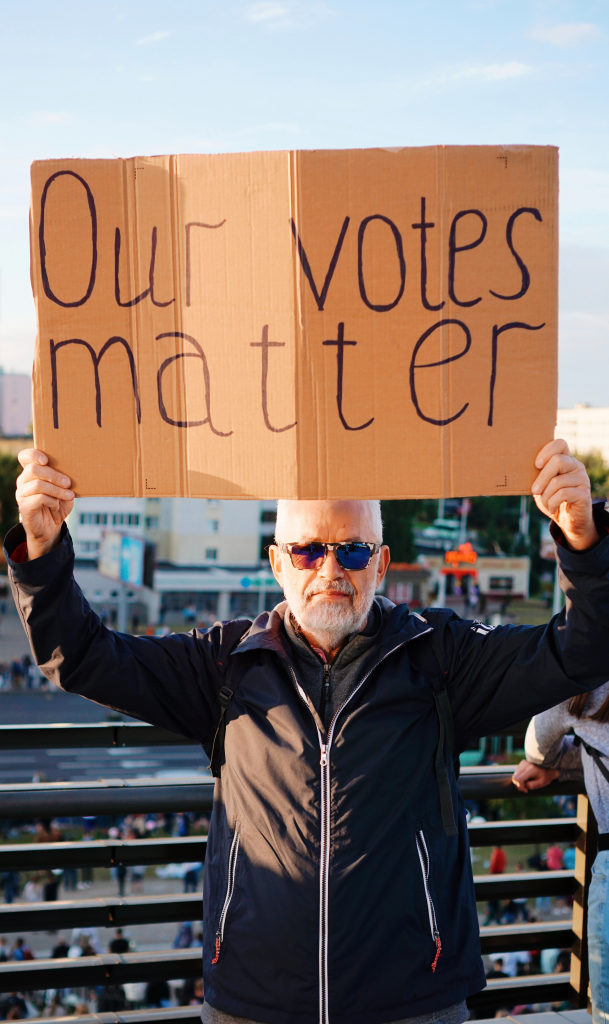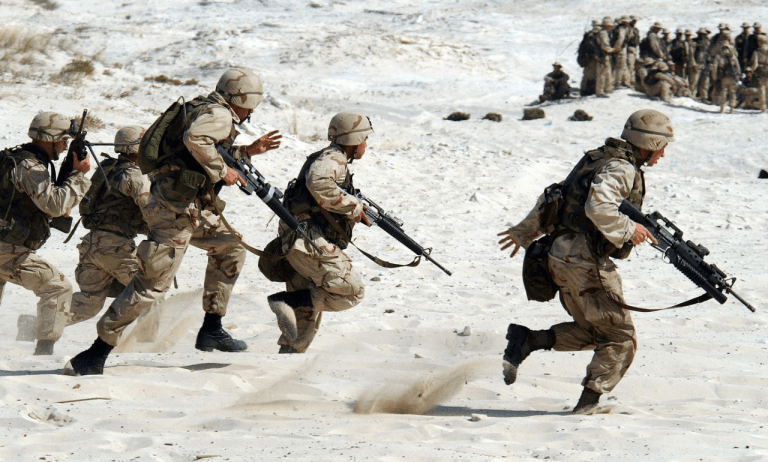
What is good for the Baltic states is death for common European values

In the Latvian capital Riga, a monument to soldiers from the Soviet Union who liberated the city from Nazi Germany’s troops will soon be dismantled. The Riga City Parliament made such a decision back in mid-May after celebrating the end of World War II. On May 9, local Russians, for whom this day has a special meaning, clashed with police who tried to prevent the commemoration. The country’s leadership sees the day and the monument as no more important. The Latvian authorities, led by President Egils Levits, consider the monument a “thorn in the side of Latvians”.
Relations between Russia and Latvia have always been uneasy, but it cannot be said that they have been reduced to negative events only. Once upon a time, the Latvian national consciousness itself was cultivated in the Russian Empire as a counterbalance to the influence of the Baltic Germans. After the Bolsheviks came into power, they promoted Latvia’s first independence, but in 1940 it was the USSR that suspended it and incorporated the country as a union republic. Latvia was one of the richest and most comfortable parts of the Soviet Union, which did not cancel the aspirations of Latvians for a new independence, which they realized in 1991.
Almost 30% of the Russian population have always caused tension with the authorities, who generally represented the interests of ethnic Latvians. On the one hand, one could understand the state’s fears and phobias of the “Soviet past”, so demands for cultural and linguistic assimilation had grounds. On the other hand, ethnic diversity has always been important in Europe, and the EU leadership was wary of such actions by Latvia. It can be said that now, during the confrontation between Russia and Ukraine, the Latvian authorities have gained a trump card in their conflict with the Russian community and will use it. At first glance, the Russian-Latvian confrontation seems to have little to do with the people of other EU countries, but it affects the very mental foundations of European unity.

The monument of the soldiers who fought against Nazism is a symbol of the victory of democratic values and freedom over an inhuman dictatorship, and only secondarily a symbol of Russian national pride. When it comes to EU ideology and values, they are clearly the opposite of the selfish ethnic nationalism that drove the European nations into the abyss of World War II. The denazification that took place in Germany and Austria after 1945 broadly affected all countries in Western, Southern and Northern Europe. It created the conditions for EU citizens to perceive themselves primarily as Europeans, and only secondarily as residents of their own countries. To some extent, this was a sacrifice of national pride in the name of peace and unity.
A lot was turned upside down after 1991, when the European Union was gradually absorbed by former Warsaw Pact and USSR countries which had not undergone this kind of transformation and were not willing to make such sacrifices. They wanted all the economic benefits, but not the mental price. The authorities of Latvia, as well as Lithuania and Estonia, are trying under the cover of “Russian threat” to make the fighters of SS divisions of 40th of XX century heroes, who for them are fighters for independence. And this is a blatant blow to the values that the French or Germans live by. Many European countries, such as Denmark or Belgium, had their own SS divisions, but there is no such perception or maniacal desire to fight with monuments or statues.
Another blow, along with the promotion of the ideology of regional nationalism against which the EU was founded, was the dominance of double standards, generating glaring injustice. Many opponents of the European Union draw parallels between it and the USSR. The Soviet Union collapsed when each republic within it began to live by its own rules, and it split into “privileged” and “losers”. Germans are told that even the most harmless manifestations of national identity are harmful and malicious, and the most moderate conservatives are branded “fascists”. But if you are Polish or Latvian, you can safely revere far-right politicians or the military of the past and believe that this makes you a true “European”. Such behaviour also divides Europeans into “special” and “humiliated”. Some build their nation states while others pay for it, while their own culture is condemned to oblivion and destruction. Perhaps for the sake of a greater and united Europe such sacrifices are justified, but only if the rules are the same for all. Otherwise, the future of the EU is extremely dim. And it all starts with destroyed monuments to Soviet soldiers somewhere in distant and small Latvia.


One thought on “What is good for the Baltic states is death for common European values”
Comments are closed.